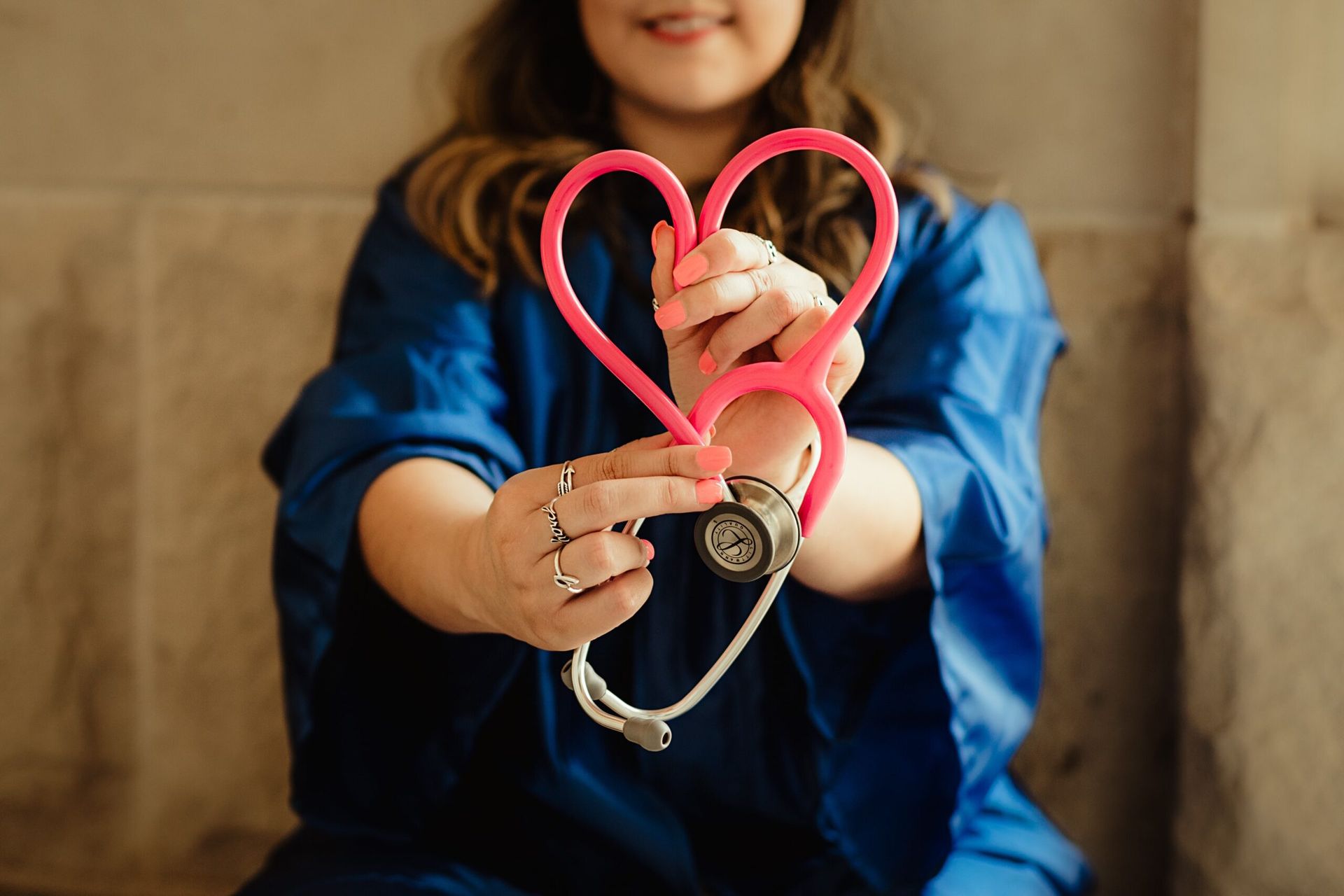Overview of Medical Care in Italy
Italy has a high-quality healthcare system that is available to both citizens and visitors. The system is based on a mix of public and private healthcare providers, with public healthcare being funded through taxes and private healthcare being paid for by individuals or insurance companies.
Emergency medical care is provided to anyone who needs it, regardless of their ability to pay. However, non-emergency medical care may require payment, especially for non-residents.
Finding Medical Care in Italy
If you need medical care while in Italy, there are several options available. In an emergency, you can call the national emergency number (118) to request an ambulance or go directly to the emergency department of a hospital.
For non-emergency care, you can visit a local doctor (medico di base) or a specialist (specialista). You can find a list of doctors and specialists in the local phone book or by asking for recommendations from your hotel or tour guide.
Health Insurance in Italy
It’s recommended to have health insurance that covers medical care while traveling in Italy. If you’re a European Union (EU) citizen, you can use your European Health Insurance Card (EHIC) to receive emergency medical care in Italy. However, this card does not cover all medical expenses, so it’s recommended to also have travel insurance.
Non-EU citizens should purchase travel insurance that includes medical coverage, as medical expenses in Italy can be expensive.
Prescription Medications
If you need prescription medications while in Italy, you can visit a local pharmacy (farmacia). Pharmacies are easy to find, and most are open during regular business hours. However, some medications may require a prescription from a local doctor or specialist.

